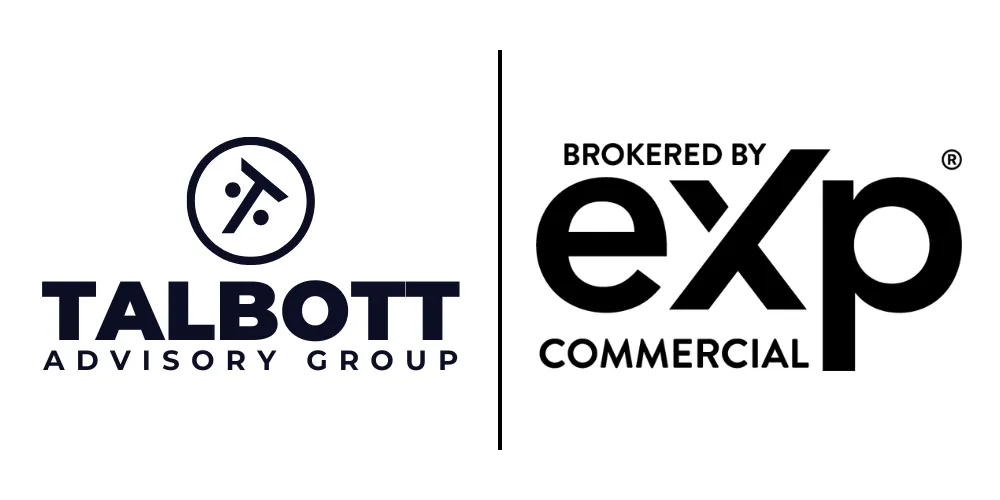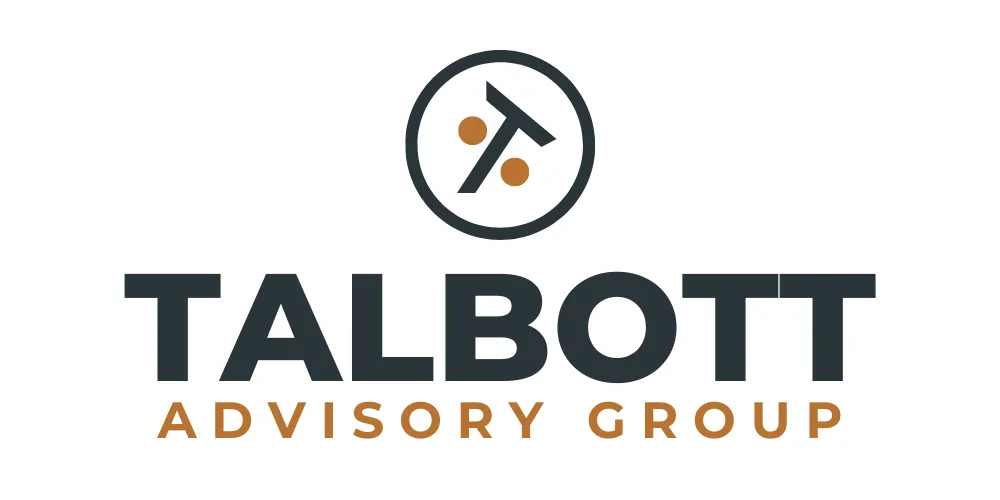Sellers



Steps To Selling Your Company
Selling a business can be a difficult and complex process. We can't make it easier, but we can make it simple and we can handle the hard stuff. We aim to get you the proceeds you want at exit, quickly, and as stress-free as possible.
Once we know your goals, the next step is to determine the market value. When it comes to valuing a business for sale, it's all about the story. The history of the company, the opportunity of the future, and explaining away the risks.
The valuation is based on:
The size of your business by Gross Sales
Standard Operating Procedures
Total Clients year over year
Time in the business
Net Profit Margin
Management
Cash Flow
Get Organized!
With the market valuation, we will build the rest of the presentation. Organizing the company's best qualities and history into an Executive Summary. We'll highlight the opportunities in a confidential information memo "CIM". Then we promote the business confidentially on all of the business listing sites. Lastly, we will establish a deal room with all supporting documents to make the transaction seamless.
I know, it's a lot. Our #1 goal is to make this a manageable process for you by offering a white-glove service.
Get Your Asking Price!
Buyers will come from the listing sites, other brokers in our network, and our personal database of vetted entrepreneurs. After screening them to fit your ideal profile, we will handle all negotiations.
This can be a long and arduous process. So we will spare you most of the back and forth, the pressure tactics, and tense conversations; but we will need strong communication between us to get the deal done.
Close The Deal!
With the close of Due Diligence, and executed offer in hand, we will help you and your buyer lay out a robust transition plan to minimize the impact on your employees, customers/clients, and most importantly, on yourself.
Ready to Sell?
Click here to schedule a call with Daniel, or one of our experienced advisors, to get started.
We just need 30 minutes to get aligned on your goals and to start building a plan.
Frequently Asked Questions
How is the Value of my Business Determined?
To figure out how much your business is worth, you need to look at several important factors. First, check your financial statements like profit and loss reports. These documents show how much money your business makes and spends. Buyers want to see that your business makes good money and has a steady income.
Next, think about your business's assets. Assets are all of the things your business owns, like buildings, equipment, or inventory. The more valuable your assets, the more money you could make selling them; they add to the overall value of your business.
Lastly, consider the market and industry trends. If your business is in a growing industry or has a good reputation, it might be worth more. Talking to a business broker or using online tools can help you understand what similar businesses are selling for. By looking at your finances, assets, and market trends, you can get a good idea of how much your business is worth.
What to Expect During the Due Diligence Process?
During the due diligence process, buyers will want to learn everything about your business. They will look at your financial records, like profit and loss statements, to see how much money your business makes and spends. This helps them understand if your business is a good investment.
The buyers will also check your business operations. This means they will want to see how things work day-to-day. They might ask questions about your employees, customers, and suppliers. They want to make sure everything is running smoothly and there are no big problems.
Lastly, expect the buyers to look at legal documents. They will review contracts, licenses, and any agreements you have with others. They want to make sure everything is legal and in order. This process can take some time, so it's important to be patient and honest. By the end of due diligence, the buyers should have a clear picture of your business, which helps them decide if they want to buy it.
How Will the Sale Affect My Employees and Customers?
When you sell your business, it can affect your employees and customers in different ways. Your employees might worry about their jobs and what will happen to them. It's important to talk to them and explain the situation. Tell them that the new owner might keep things the same or even make some improvements.
Customers might also be curious about the changes. They could worry that the products or services they like will change. You should let your customers know about the sale and reassure them that they will still get the same great service. It's like if your favorite ice cream shop got a new owner. As long as the ice cream stays delicious, you'll keep coming back.
To make the transition smoother, the new owner might ask you to stay and help for a while. This can help both employees and customers feel more comfortable with the change. Think of it like a big handover during a relay race. By working together and communicating clearly, you can help everyone adjust to the new changes and keep your business running well.
What Are the Tax Implications of Selling My Business?
When you sell your business, you need to think about taxes. Taxes are typically paid on the money you earn. Selling a business can mean paying different kinds of taxes, like capital gains tax. This tax is on the profit you make from selling your business for more than what you paid for it. It's like if you bought a widget for $5 and sold it for $10; the profit, or proceeds, are $5, and you might have to pay tax on that gain.
There are two main ways to sell a business: selling the assets or selling the stock. If you sell the assets, you are selling things like equipment, inventory, property, and goodwill. This can lead to different taxes on each item. Selling stock means you are selling your ownership in the company. This can have different tax rules and might be simpler. It's like choosing between selling all the parts that make up the business separately or selling the whole thing at once.
To make sure you pay the right amount of tax and don’t get surprised by a big tax bill, it’s a good idea to talk to an accountant or tax advisor. They can help you understand the tax rules and find ways to lower your taxes.

Daniel Talbott, Daniel Talbott PA is a licensed Florida Real Estate Sales Associate Brokered by eXp Commercial - a licensed Florida Real Estate Brokerage
Menu
Services
© Copyright 2019-2024. Talbott and Company LLC. All rights reserved.
Privacy Policy
